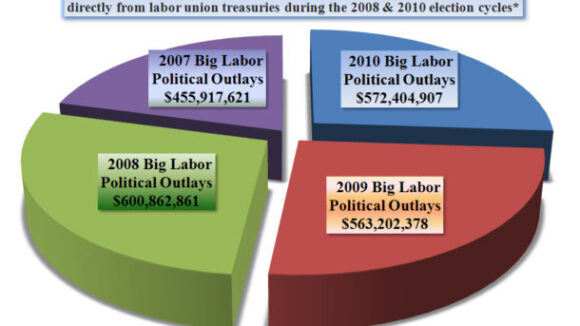California Workers Union Has Labor Issues UAW vs. SEIU
The Sacramento Bee reports on a messy labor dispute -- not between union activists and management but between union activists and more union activists: A messy fight between California's largest state employee union, SEIU Local 1000, and another union that has represented 160 of its staff has spilled into public view. As they battle for those workers, the United Auto Workers is calling Local 1000 a hypocritical union-buster. An official with the National Labor Relations Board says SEIU, as an employer, has engaged in "unfair labor practices." The local rejects the accusations. The fight dates back years to a split between Local 1000 and an umbrella organization, the California State Employees Association. SEIU represents about 95,000 employees, the largest of four affiliates in the CSEA. Other affiliates speak for state retirees, state university support staff and midlevel state supervisors. The four groups' interests often clashed. Still, for years they pooled their dues money and bargained with the UAW for staff contracts covering secretaries to senior attorneys. When Local 1000 left and gained financial independence, it raised a question: What did its new status mean to its relationship with the UAW? The union local concluded that it needed employees to say who they wanted to represent them.



